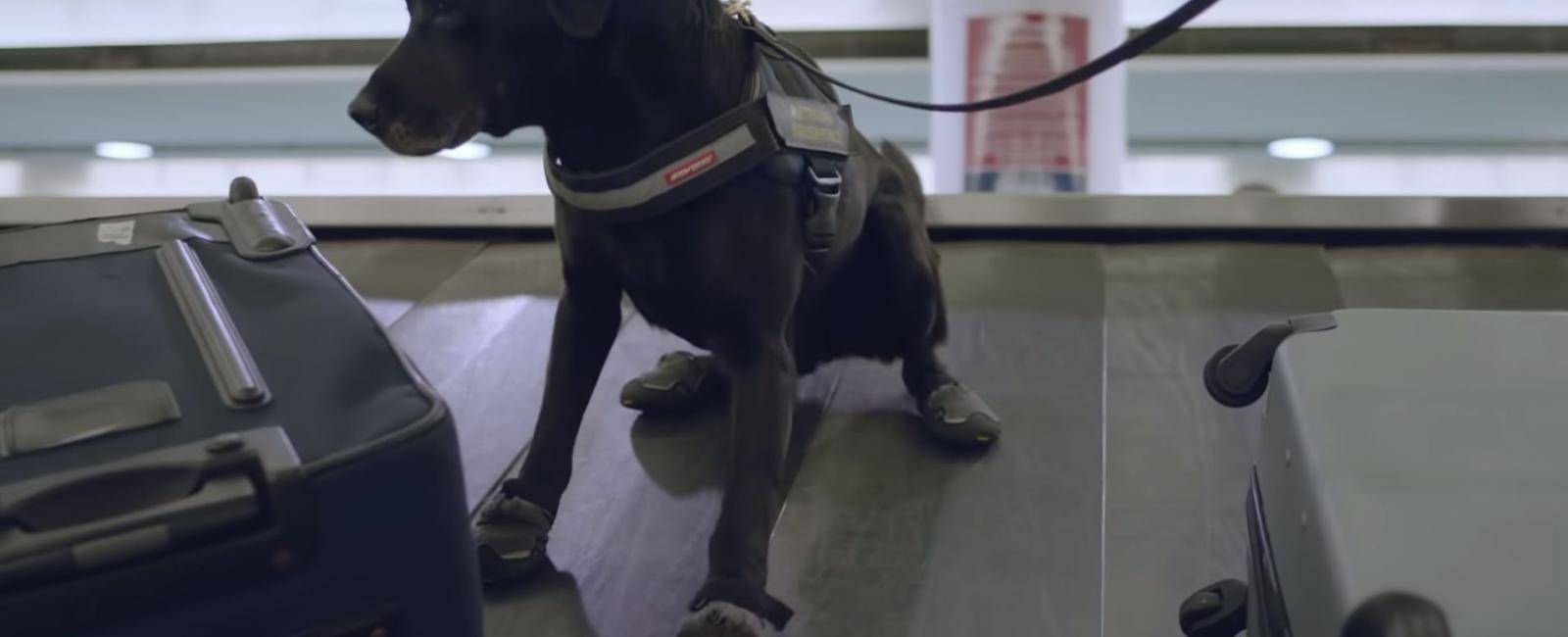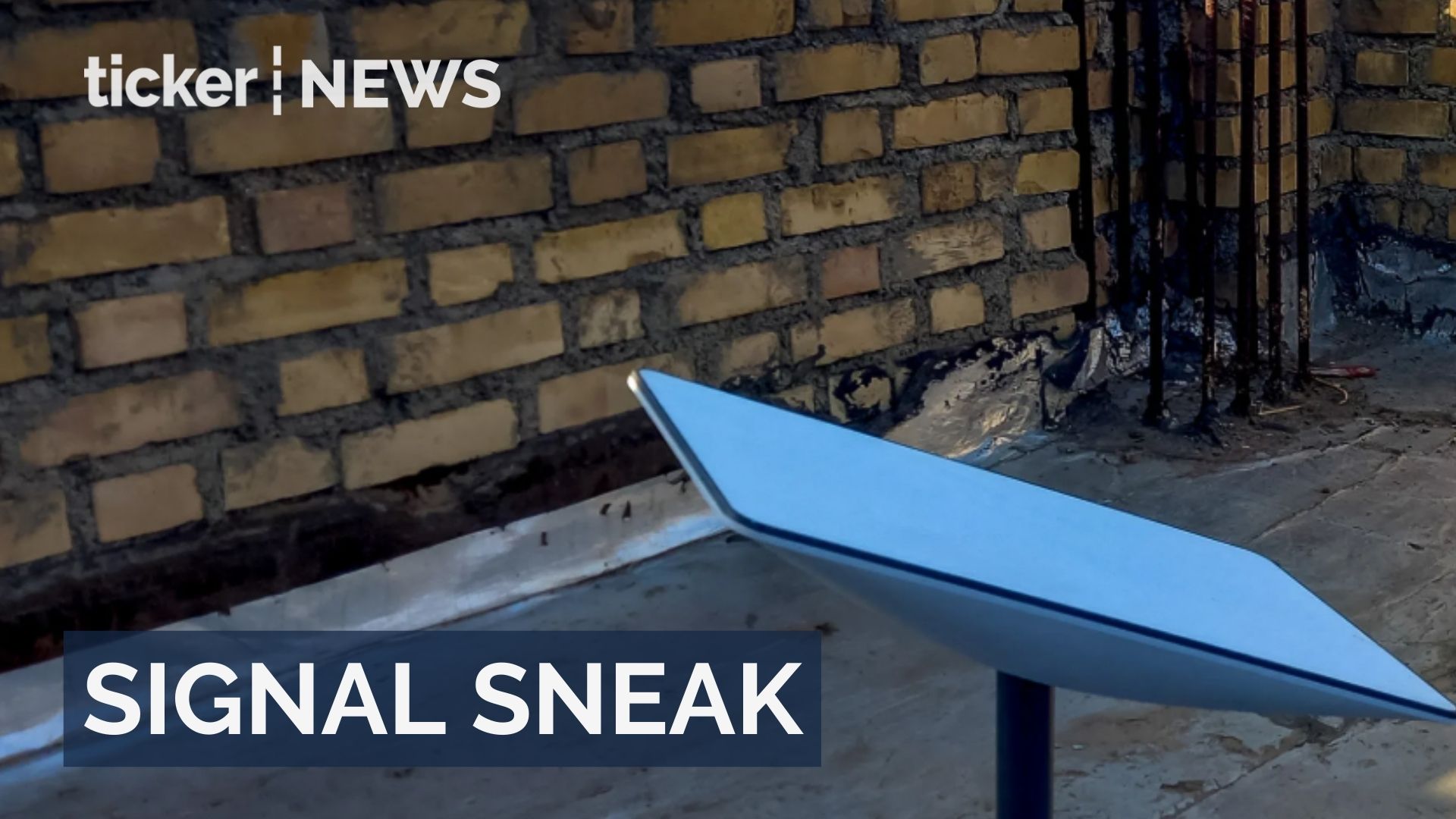When it comes to safeguarding international borders against threats like narcotics, explosives, and introduced pests and diseases, an incredibly adorable resource proves to be invaluable for numerous government agencies and departments at our international airports:
These canines work alongside human handlers in a seamless partnership, creating a highly effective capability to detect, deter, and mitigate various threats to both our aviation environment and the wider community.
The reason behind the effectiveness of using dogs in this role is truly fascinating.
While most humans rely on their sight to perceive the world around them, dogs interpret their surroundings through their extraordinary sense of smell. Their olfactory system is completely unique, setting them apart from any other creature on Earth. Dogs have two distinct air passages – one for breathing and another dedicated solely to smelling.
Within the smelling passage, dogs possess highly specialized olfactory receptor cells responsible for receiving smells. Incredibly, a dog’s nose contains about 225-300 million smell receptors, dwarfing the mere 5 million found in a human nose.
Moreover, dogs boast an astonishing memory for scents they’ve encountered throughout their lives. Their brains possess a much larger olfactory cortex compared to humans, approximately 40 times larger. This exceptional ability allows them to remember and distinguish between an extensive range of smells, making them even more impressive.
It’s safe to say that these facts provide further evidence supporting the notion that dogs truly are the best companions in many aspects, including their invaluable contributions to border protection and security.
History of airport “detector” dogs
The origins of Detector Dog teams can be traced back to their specialized training and tasks, which involve searching for various items in different settings, including luggage, parcels, cargo, containers, vessels, vehicles, aircraft, buildings, and even people.
The program’s inception dates back to 1968 when it started with two black Labradors in Sydney. Soon after, two German Shepherds joined the team and proved to be remarkably successful at detecting heroin, opium, hashish, and cannabis. Consequently, the decision was made to exclusively train German Shepherd puppies for their detection abilities.
In 1978, a review revealed that relying solely on pedigree German Shepherds was costly and slow. The program then shifted its focus to training abandoned dogs found in dog pounds, animal shelters, and private homes. The criteria for selecting these dogs were their boldness, playfulness, cleverness, and fitness – essential traits for becoming effective detector dogs.
The first training unit was established in 1979, housed in an empty wool shed in Barton, Canberra. As the program continued to grow, a specialized training center was constructed in Fyshwick, Canberra, in 1984.
As the 1990s unfolded, the program expanded beyond searching goods, vessels, aircraft, vehicles, and buildings. In 1992, certain dogs were trained to search people at airports and seaports, with a preference for non-threatening and highly capable breeds like Labradors.
In response to the challenge of finding enough suitable dogs, the program initiated a breeding program in Melbourne in 1993 to ensure a steady supply of qualified detector dogs.
New millennium
As the new millennium arrived, the program evolved to adapt to changes in the environment. All dogs underwent comprehensive training to search goods, areas, and people. Upon detecting something, they were trained to sit and stay, facilitating efficient identification and response.
With the rise in national security risks at borders, dogs were further trained to detect explosives and firearms, enhancing their capabilities and contribution to security efforts.
In more recent years, the program has established a state-of-the-art facility on an 8-hectare site in Melbourne, Victoria. This facility can run multiple training courses simultaneously, house up to 200 dogs in kennels, and manage multiple litters of puppies.
The breeding program in Melbourne now caters to all of the Australian Border Force’s (ABF) detector dog needs, expanding the dogs’ abilities to detect money, drugs, firearms, tobacco, and explosives.
Today, Detector Dogs have become an integral part of law enforcement efforts, utilized by various state and federal government agencies, as well as international partners, to bolster detection capabilities and enhance border security.




 Ticker Views4 days ago
Ticker Views4 days ago


 News2 days ago
News2 days ago


 Ticker Views4 days ago
Ticker Views4 days ago


 Leaders3 days ago
Leaders3 days ago


 News2 days ago
News2 days ago


 Money2 days ago
Money2 days ago


 Ticker Views2 days ago
Ticker Views2 days ago


 Money2 days ago
Money2 days ago







